Coronavirus: 12 ways our life tasks big and small have changed
- Published

Registering the birth of a child has been put on hold
The current restrictions on movement are making it trickier to carry out many basic tasks, particularly for those who are self-isolating, or shielded.
You might need to pay in a cheque, call a plumber, or top up an electricity meter.
Here is what you can, and can't, do.
Can I register a birth?
In normal times, it is a legal requirement to register the birth of a child, in person, within 42 days.
Now the government has advised local authorities that they should keep register offices closed, until the current restrictions are lifted.
The 42-day limit has been suspended.
Parents cannot usually apply for child benefit, external or universal credit until a birth is registered, but that rule has also been relaxed as families feel the financial effects of the coronavirus outbreak.
Sadly, but inevitably given the pandemic, registering a death is still possible, and can usually be done on the telephone.
Is writing a valid will still possible?
The law is strict on writing a will and ensuring it is valid, external in England and Wales. This includes signing it in front of two witnesses, and having two people signing it in your presence.
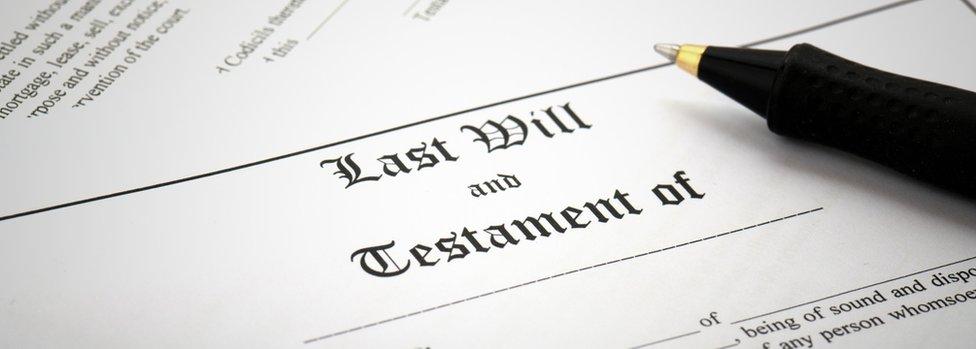
Strict rules ensure wills are valid
Social distancing makes this difficult and the Law Society, the solicitors' trade body, has been pushing government on whether video conferencing could be used.
At present, people signing wills are being advised to use witnesses from a safe distance and to video the signing. It may need to be signed again when the restrictions are lifted.
How do I pay in a cheque?
Bank branches are staying open where possible, but with shorter opening hours.
UK Finance, which represents the sector, says many banks allow people to pay in cheques by submitting a photo of it via their mobile app. Others accept cheques sent, with a paying-in slip or account number, through the post.
Bank customers can also pay in cheques, check their balance, and withdraw cash at the Post Office.
How do I top up the electricity meter?
Four million people have prepayment energy meters and normally may need to go to a shop to top-up their credit.
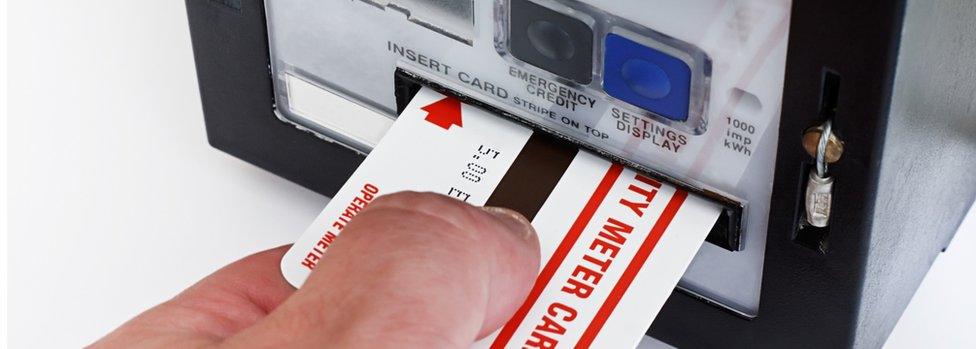
Emergency measures have been introduced for energy customers
The energy sector has agreed that those facing difficulties during the restrictions of movement could be sent tokens in the post, or have their credit automatically topped up.
There is also help for people struggling to pay.
My sink is blocked, can I call a plumber?
Your individual circumstances will determine how much of a risk it will be to call in professional help. Clearly, if you can unblock it yourself, or even leave it if possible, then that would be better.
The Chartered Institute of Plumbing and Heating Engineering says plumbers, while permitted to visit homes, must not work if they are showing any symptoms, must stay a safe distance from customers, must not visit anyone self-isolating, and must not accept any refreshments.
So, if you really must call in a plumber, keep well away from them and don't offer a cup of tea.

EASY STEPS: How to keep safe
A SIMPLE GUIDE: What are the symptoms?
CONTAINMENT: What it means to self-isolate
HEALTH MYTHS: The fake advice you should ignore
MAPS AND CHARTS: Visual guide to the outbreak

Will the bailiffs still come calling?
These are difficult times financially for many people, and that may mean paying fines can be tricky.
Usually, this could lead to a visit from bailiffs, but their activities have been put on hold as they do not qualify as key workers.
Some are still making calls to follow up on debts owed to local authorities - such as parking tickets - but, for the most part, no action is being taken.
The Civil Enforcement Association, which represents bailiffs, says that many collectors are being used to help with council logistics instead.
Debt collectors have fixed fees, so no interest is being added to these kinds of outstanding debts.
There have been some issues with private parking enforcement firms.
Can I still collect my pension from the Post Office?
There is a good chance that people who normally collect their state pension each week in cash by visiting the Post Office are in self-isolation or shielded.
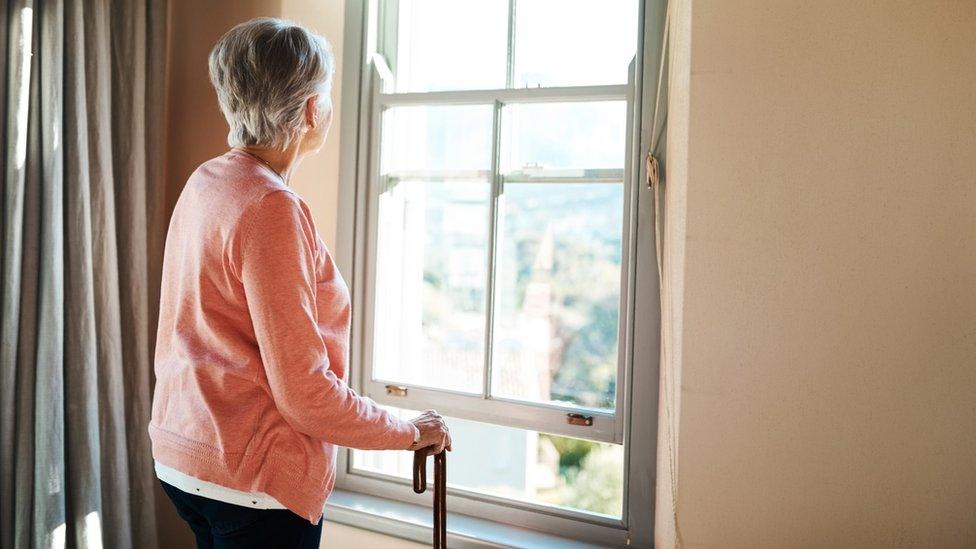
Many pensioners must stay at home for 12 weeks
They will usually have a Post Office card account, so they will still be paid the money.
More than 90,000 people have a nominated trusted friend or family member who can withdraw cash from this account on their behalf. That option takes a while to set up, so anyone struggling to access cash now should contact their local council for help.
Do I still have to pay my regular bills?
Yes, all bills - from a mortgage or rent payment, to gas and electricity and other utility bills - still need to be paid.
However, all providers have help in place for those struggling to pay if they have seen a big drop in income, or if they are unable to pay physically in the normal way.
This usually means deferring, but not cancelling, payments, and it must be agreed with the provider.
I've lost my job, how do I sign on?
The benefits system has been inundated by people whose jobs have suddenly disappeared and need to fall back on government support.
There are schemes where the government guarantees wages, which are aimed at preventing mass unemployment.
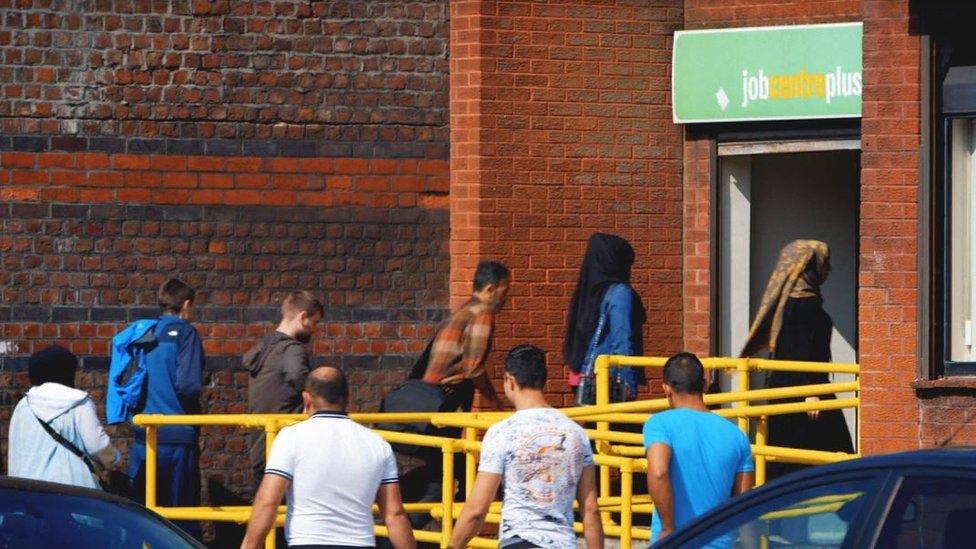
Job centres have now been closed to everyone but the most vulnerable claimants
Those claiming universal credit - the main collective benefit for unemployment and housing support - do not need to visit a jobcentre to apply at the moment, and can get a month's advance upfront.
Jobcentres are still open for new and existing benefits claimants who cannot get online or use the phone, and for the homeless.
My MOT is due, what should I do?
The government has granted car, motorcycle and van owners a six-month exemption from MOT testing.
The extension came in on 30 March, but owners must still keep vehicles in a roadworthy condition.
The move will not invalidate drivers' insurance policies.
How do I pay my doorstep lender or rent-to-own?
Like other bills, providers are offering some help for those struggling to pay, such as deferring debt (but this will need to be paid eventually).
Borrowers must be treated fairly, and so no undue pressure should be put on those who, for example, are ill. Home collected loans can be frozen by agreement under new rules from the financial regulator.
The biggest rent-to-own provider Brighthouse has collapsed.
It is now being run by administrators, so payments for appliances should still be paid as normal. Shops are shut, so this cannot be done in person.
The administrators have reassured customers who struggle to pay that no visit will be made to remove goods at the moment, and no extra interest or late fees will be charged.
My hair is getting really long, can I get it cut?
You cannot visit your regular hairdresser or barber, which has led to various online tutorials and a lot of jokes.
Stuck at home, some people have enlisted their children to help them cut their hair
For now, you may have to let it grow or try getting someone in your household to cut it.
That said, hairdressing scissors are one of those items which are difficult to find available online at the moment, after a rush of sales.
- Published8 April 2020
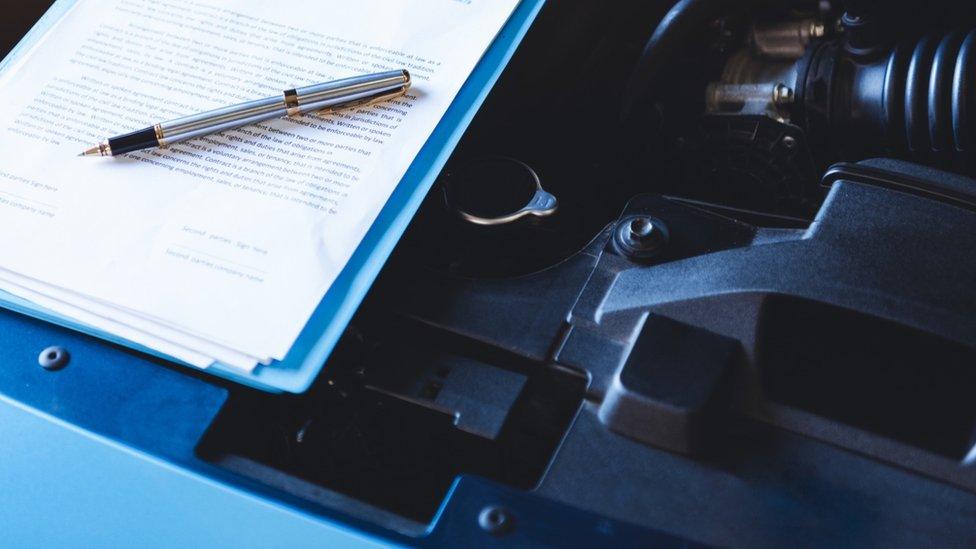
- Published25 January 2022
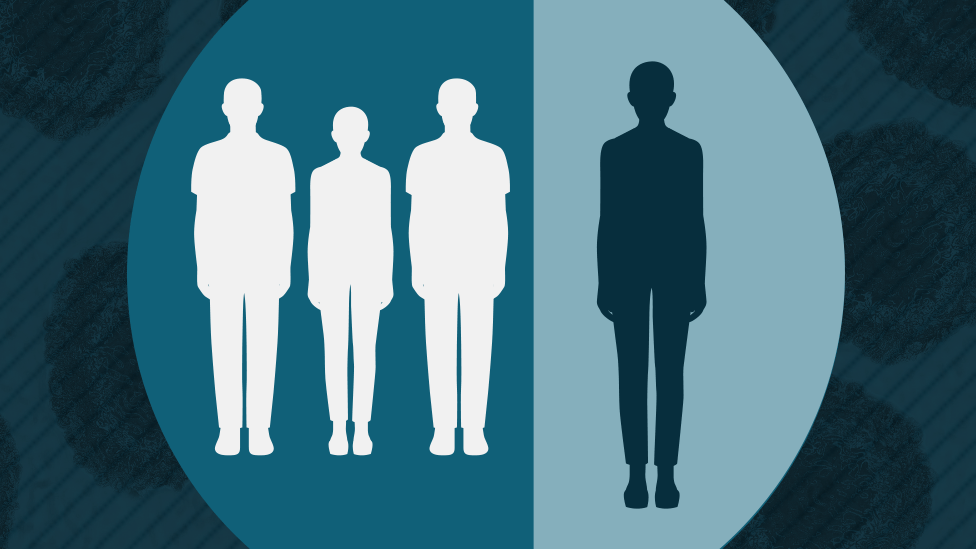
- Published6 April 2020
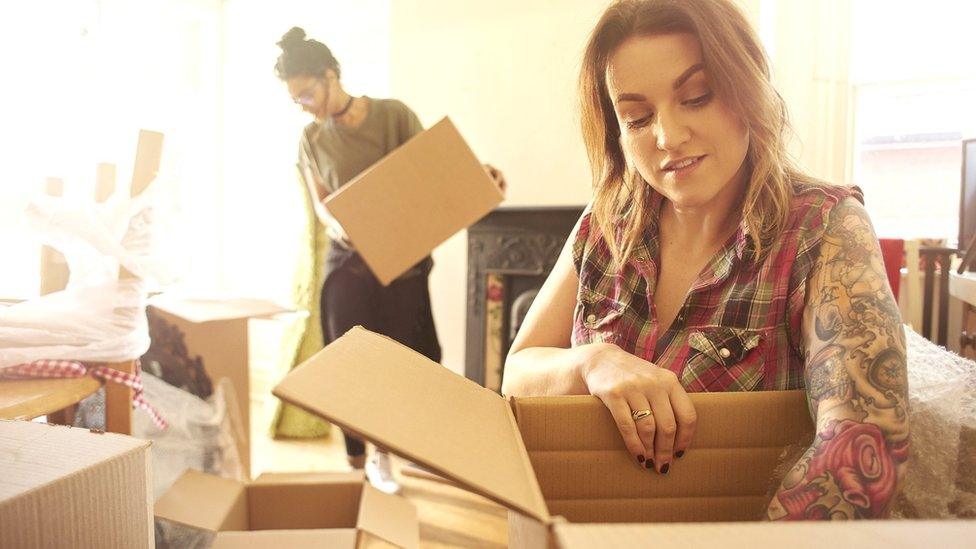
- Published7 April 2020
